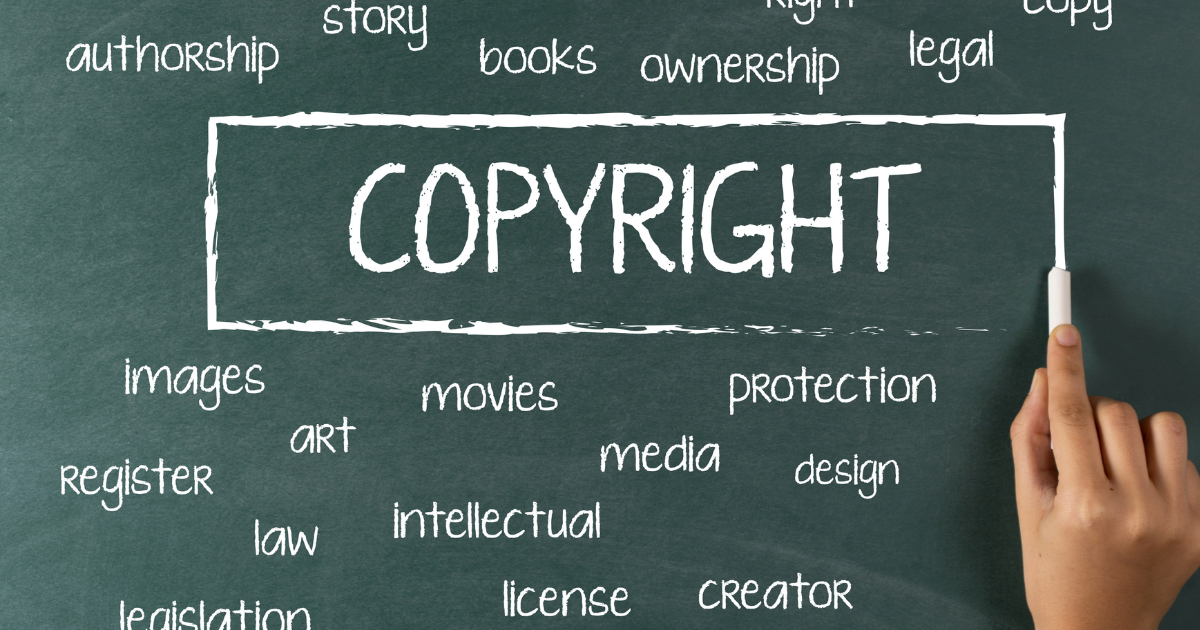Now Reading: Copyright Fair Use for Educational Purposes: Empowering India’s Classrooms
-
01
Copyright Fair Use for Educational Purposes: Empowering India’s Classrooms

Copyright Fair Use for Educational Purposes: Empowering India’s Classrooms
Introduction :
With knowledge at our fingertips, education has undergone a significant transformation in the digital age. However, using educational materials in the classroom creates questions regarding copyright infringement due to the availability of information. To strike a balance between the protection of copyright holders and allowing educators to use protected resources for instructional purposes, fair use is vital in India. In this blog, we will examine the limitations of classroom material usage while delving into the application of copyright fair use exceptions in the Indian context.
Understanding Fair Use in India :
The Copyright Act of 1957 in India regulates all types of intellectual property rights, including copyright. Providing the usage satisfies certain requirements, fair use, or fair dealing as it is known under the Act, permits the use of copyrighted content without requesting express permission from the copyright holder or acquiring a licence. Fair dealing is permitted for a number of reasons, including research, criticism, reviews, news reporting, and teaching, which are all listed in the Act. The fair use provisions aim to promote knowledge distribution without unduly restricting access to information while acknowledging the importance of education in society.
Educational Fair Use Boundaries :
While using copyrighted resources for instruction is permitted by fair use, educators and educational institutions must be aware of its restrictions. The purpose and character of the use, the nature of the copyrighted work, the quantity and quality of the portion used, and the impact of the usage on the copyrighted work’s potential market are the main considerations that establish whether fair use for educational purposes is applicable.
Purpose and Character of Use :
Since educational use differs from the original work’s intended application, it is typically seen as transformational in character. A transformative use enhances, alters, or repurposes the protected content to advance pupils’ academic success. While commercial endeavours would need additional licences, non-commercial, educational use is more likely to be considered fair use.
Nature of the Copyrighted Work:
The nature of the work protected by copyright is also taken into account. Instead of using highly innovative and creative works, which are subject to greater copyright protection, factual and informational items may be more likely to be ruled fair use.
Quantity and Weight of the Portion Used:
Educators should exercise caution when using too much of the protected content. Although there isn’t a set percentage that must be used, it’s usually preferred to use brief quotes or fragments rather than to completely copy the work.
Effect on the Potential Market:
Fair usage shouldn’t have a detrimental effect on the copyrighted work’s potential market. It might not be considered fair use if using the content significantly lowers the demand for the original work or lowers the copyright owner’s potential earnings.
Importance of Copyright Education for Educators :
In order to ethically and legally incorporate resources into their teaching practises, educators must be cognizant of copyright laws and fair use requirements as technology continues to change how we access and distribute information. To maintain legal compliance and promote a culture of respect for IP rights, copyright education for academic personnel and instructors is essential.
Clear copyright rules and guidelines should be established by educational institutions to enable teachers to successfully negotiate the difficulties of fair use. These rules should explain how to properly cite sources, when copyrighted content can be used, and how to request permission when necessary. Educational institutions may create an atmosphere that fosters creativity, innovation, and ethical use of copyrighted works by offering the required training and tools.
Conclusion :
Teachers in India are able to use copyrighted content to improve their students’ learning experiences because to the adoption of copyright fair use exceptions for educational purposes. While there are limitations on how classroom materials may be used, educators can make advantage of fair use laws to encourage responsible knowledge sharing. India’s classrooms can continue to thrive as hubs of learning and creativity while respecting the rights of artists and copyright holders by comprehending the concepts of fair use and integrating copyright education into the academic environment.










